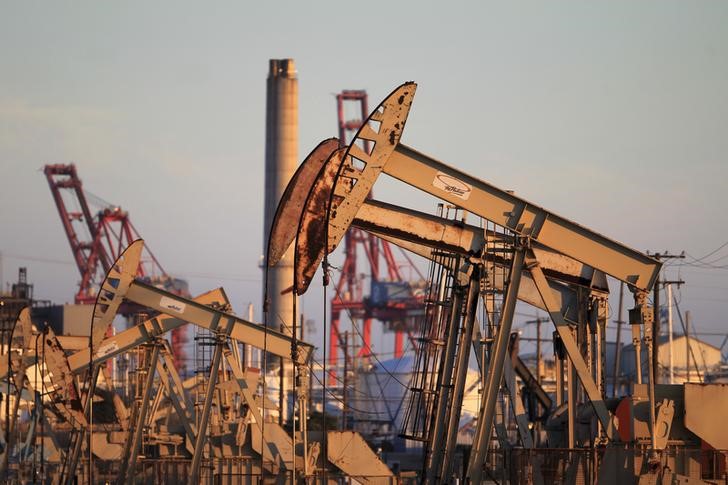Investing.com - Oil prices rose more than 1% on Monday and climbed near two-months high as the Organization of Petroleum Exporting Countries (OPEC) issued a tepid response to U.S. President Donald Trump’s demand to lower oil prices.
On the New York Mercantile Exchange, Crude Oil WTI Futures for November delivery rose 1.1% to $71.54 a barrel, while on London's Intercontinental Exchange, Brent Oil Futures for December delivery gained 1.3% to trade at $79.22 a barrel.
The jump in oil prices came after OPEC said over the weekend that the group would only raise output if customers requested it, as Saudi Arabia, Russia and their allies stopped short of promising specific extra volumes of crude.
Last week, U.S. President Donald Trump asked the OPEC to keep prices lower.
“We protect the countries of the Middle East, they would not be safe for very long without us, and yet they continue to push for higher and higher oil prices! We will remember. The OPEC monopoly must get prices down now!” he said in a tweet.
Meanwhile, U.S.-China trade disputes remained in focus as the U.S. tariffs on $200 billion worth of Chinese goods and retaliatory tariffs by Beijing on $60 billion worth of U.S. products are set to kick in later in the day.
On Monday, China cancelled its planned trade talks with the U.S. Citing people familiar with the situation, reports suggested Beijing is unlikely to resume talks with Washington until after November’s mid-term elections.
“It would be ‘asking for an insult,’ if China went ahead with trade talks after the US announced new tariffs and sanctions,” Shi Yinhong, a professor of international relations at Renmin University of China, said Saturday. “In the long run, there will be talks, because the trade war won’t last for thousands of years.”
In other news, oilfield services firm Baker Hughes reported on Friday that the number of U.S. oil drilling rigs in operation rose by 1 to 866 this week.
“There are discussions to increase production by another 500,000 (barrels a day) bpd. They (OPEC and non-OPEC) can increase output when they meet in December,” Reuters reported, citing a source.
